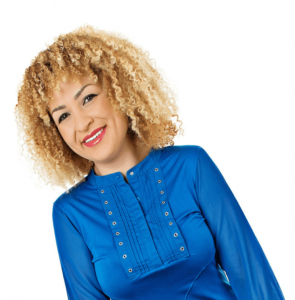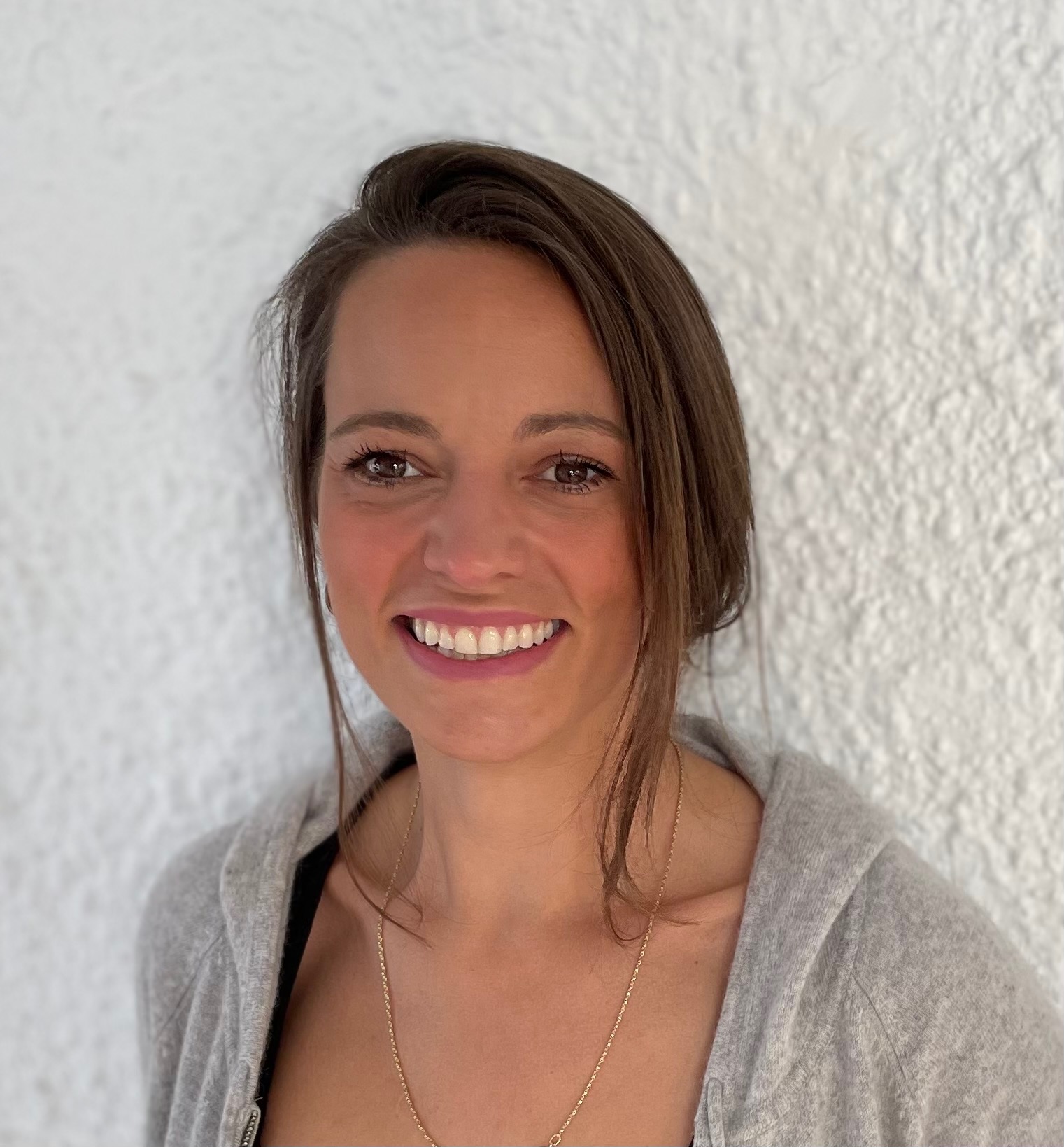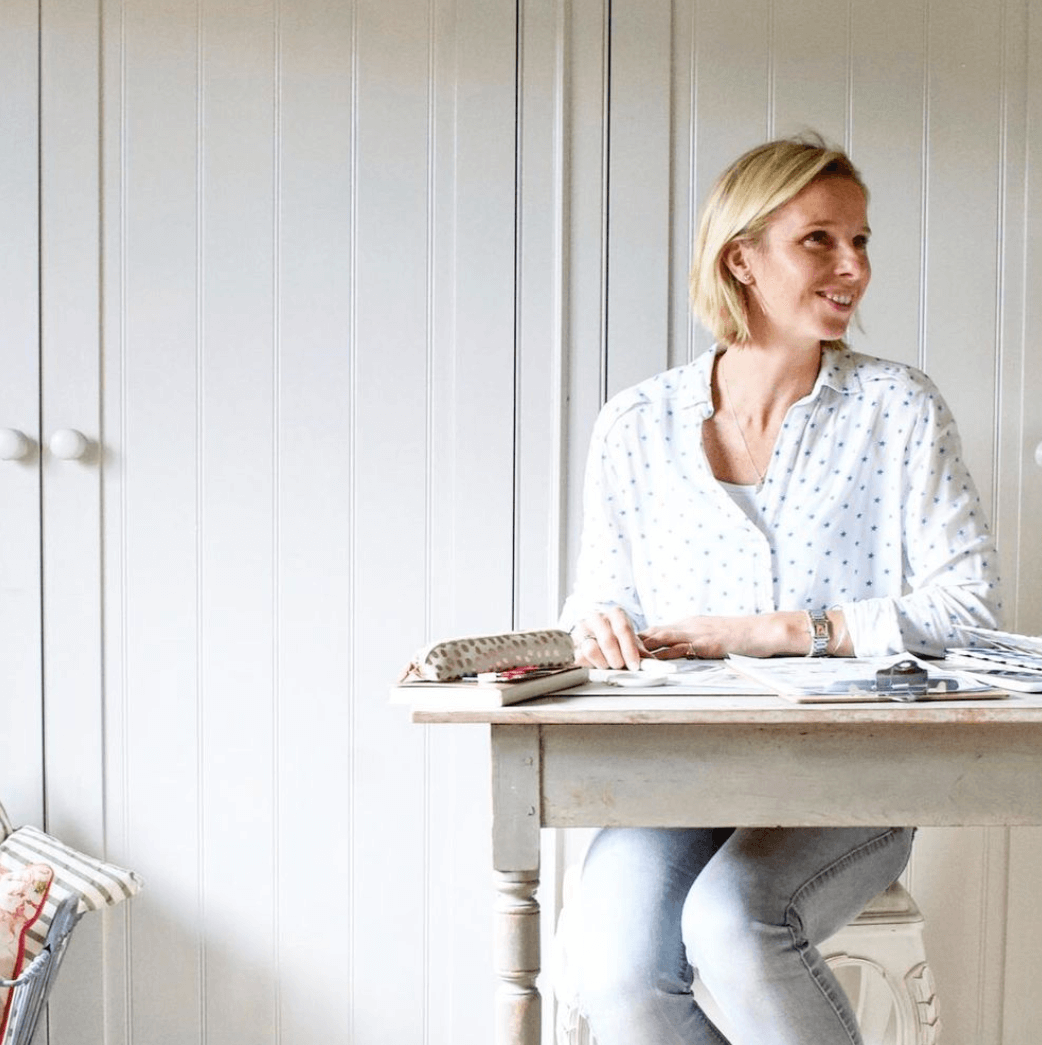
A few months ago, an email dropped into my inbox which really caught my attention. It was a press release in collaboration with Judy Clark, one of the world’s leading child sleep expert. Following Judy’s struggles with her own child’s difficulties with sleeping and all too familiar with the feelings of helplessness, exhaustion and confusion that comes with being a new parent, Judy’s programme stresses the importance of letting babies and children soothe themselves into a deep and restful sleep pattern. Through her customised approach to helping families to devise a sleeping plan that they are comfortable with, Judy has helped hundreds of families from both across the nation and globally to get their little ones to sleep at night.
Recent research from the UCL Great Ormond Street institute of child health shows that parents should worry less about the amount of screen-time and instead ensure that their children are getting sufficient and good quality sleep. With it being a frequent topic of conversation among parents, I was keen to interview Judy and find out more on how she as helped hundreds of families globally to get their little ones to sleep at night. So what can we learn from Judy? Let’s dive into the interview…
1. Judy, please tell us a little bit about yourself and your roles in both Sleep Sense and BabyWinkz?
I am a mother of two girls (nine and 10 year’s old), and an auntie to nephews and nieces, I have had the pleasure throughout all of their lives to teach and instil healthy sleep habits. As well as this, I am the owner and founder of BabyWinkz Consultancy, the UK’s First Certified Sleep Sense Paediatric and Adult Sleep consultant.
I struggled with my first child’s sleep habits when she was younger. I truly understand how parents who are experiencing sleep issues with their children are feeling; the pure helplessness, exhaustion and confusion of being a new parent. Because of this, I have had the opportunity to help hundreds of families across the world teach their children healthy sleep habits, so as to ensure they all get the sleep they deserve and need for health, wellbeing and sanity!
2. When do your own children start having sleep difficulties? How did you deal with these?
My first daughter was born with jaundice and severe reflux, which meant that everything I’d been told about the sleepless nights wasn’t ringing true as she slept… a lot! The first two weeks seemed like a real honeymoon period, but the following month became the most challenging month of my life as a mum. My little girl was so unhappy, in pain and completely exhausted. My husband would ask me what it was that we were doing so wrong, to make our baby so unhappy. Unfortunately, I had no mum to turn to for support and baby’s will often use a cry as a call for help. I tried everything: rocking, walking, dummies, co-sleeping, spending hundreds of pounds on different types of bottles and expressing machines but nothing soothed my little girl.
Following a weekend of her refusing to go near a feed, and not having had any milk for two whole days, I decided to go to A&E. At the time, they thought she had a blood infection as her screaming was beyond belief. In the end, she was diagnosed with severe reflux, we managed to finally get the right milk for her and the doctor prescribed a number of different reflux medications, I finally started to have a settled baby. However, she still continue to experience broken sleep and a poor daytime nap. The only way she would take a good quality nap was in a pram or bouncer with a dummy in her mouth. It just didn’t add up for me; but I began researching and speaking with health visitors, paediatricians and doctors. That was when I came across the Sleep Sense programme.
My daughter was eight weeks old when I discovered Sleep Sense. I enrolled her on the programme, and by the second night, she had gone from waking up every hour to sleeping ten hours straight. She woke up happy, kicking her little legs, and just giving us the biggest giggles we’d ever seen! I never looked back on sleep sense.
When my second daughter arrived a year later, I had made the decision to make a career move from managing high profile customer service centres, to becoming the UK’s first certified Sleep Sense consultant. This is why I frequently host talks ad share my advice and top tips with parents around the world. Most recently, I hosted a talk at Little Bear’s Nursery in London’s Elephant & Castle where a mix of parents as well as parenting bloggers attended.
3. What age group do you find encounter the most sleep problems? Why do you think this is?
If you’d asked me that question seven years ago, I would have said 6 months – 12 months old, given that it is the age group that babies move onto solids and experience sleep disturbance. But as it stands today, I currently work with all age groups – from 6 weeks old to 10 years old to middle-aged adults. There is a growing epidemic out there and we, as a society, have to take control and teach ourselves as well as our children healthy sleep habits.
4. Sleepless nights for children often mean tired (and grumpy!) days. How do you think we can help our kids be their best self in the day when they aren’t sleeping?
The simple answer is: you can’t make up for lost sleep, and unfortunately there is nothing we can do to recoup it. What parents can do is get to the root of the cause, and teach children healthier sleep habits so that they can start to get good quality sleep that is needed for their health and development. Sleep is food for the brain and is a basic human need. We are not our best when we are hungry and lacking nutrition, and it is exactly the same when it comes to not getting enough good quality sleep.
5. No two families lead the same lifestyle, but this is something I know you take into account; could you tell us a little about your ‘customised approach’ to sleep planning with our little ones?
My program stresses the importance of letting children learn how to self-soothe into a deep and restful sleep, as well as how they should take much needed naps during the day. It is customised to each individual family, for instance, taking into account any siblings, what their routine entails, daily schedules, school runs, child’s age.
I work alongside parents to devise a plan that they are comfortable with and understand. I look at the food, day activities, feeding, baby’s weight and other factors that go into helping the body go into a quality consolidated sleep. The follow up support that I offer is also key to success, as every baby is different and is going to progress at different rates. There may be some things along the way that need adjusting to suit the child’s progress, which is why I provide daily advice and support.
6. Obviously sleep terrors are a scary thing, but these contribute to sleepless nights for many. Is there much research into why and how these happen to children?
Most children will have nightmares from time to time, and it is completely normal. They are all part of normal development as your child’s imagination grows, and genuine fears are established. Your child is starting to learn what is capable of hurting them. When we go to sleep and have dreams, that is also the time that our brains process what we are learning. Nightmares, or night terrors, can occur due to overload and over-tiredness, and if the child is exposed to overstimulation before bed. If your child is prone to these, cut out screen time at least two hours before bed, create a calm and relaxed bedtime routine, and get your child to bed early to prevent over-tiredness. You can also look to reduce fluid intake before bed and very importantly, talk to your child about their fears and reassure them that dreams are normal and can happen. As your child gets older, they will learn to cope with them and start to understand that they are a product of their imagination, and not real.
7. Can you share a few of your top tips for sending our little ones off into a peaceful night’s sleep?
Always place a baby in a cot awake. This teaches them to self-settle. Secondly, having a consistent bedtime routine that is no more than 30 minutes. This routine can include a last feed, a bath, some songs / story then lights out. Darkness is key to helping the body stay in a sleep state, so always ensure that the room is pitch black. During the day, you should stick to a routine, as babies thrive on this. Make sure that the baby is getting the naps they need as daytime sleep is just as important as nighttime sleep. Finally, consistency is essential; our bodies thrive on this and our internal clock needs consistent timings in order for us to develop sleep skills.
8. As a parent, it is sometimes hard to be patient when our sleep is lacking. How would you suggest us parents get a good few hours once we’ve settled our little ones?
I would encourage parents to have some alone time and to reconnect as a couple without the children. Having an evening eating dinner or catching up with your partner is great for bonding. It is also very important that the parents, too, try to get to bed at a reasonable time so that they can get the sleep they deserve. Adults need between 7-9 hours consolidated sleep, so make sure that is also a top priority. A good relaxing bedtime routine is also key; having a warm bath or shower once the children have gone to bed can be a great way to relax, and have some time to yourself.
We hope you enjoyed the interview. Please do share Judy Clark’s top tips with any parents who might be need of some support. For more information, visit https://www.babywinkz.com/




Leave A Comment